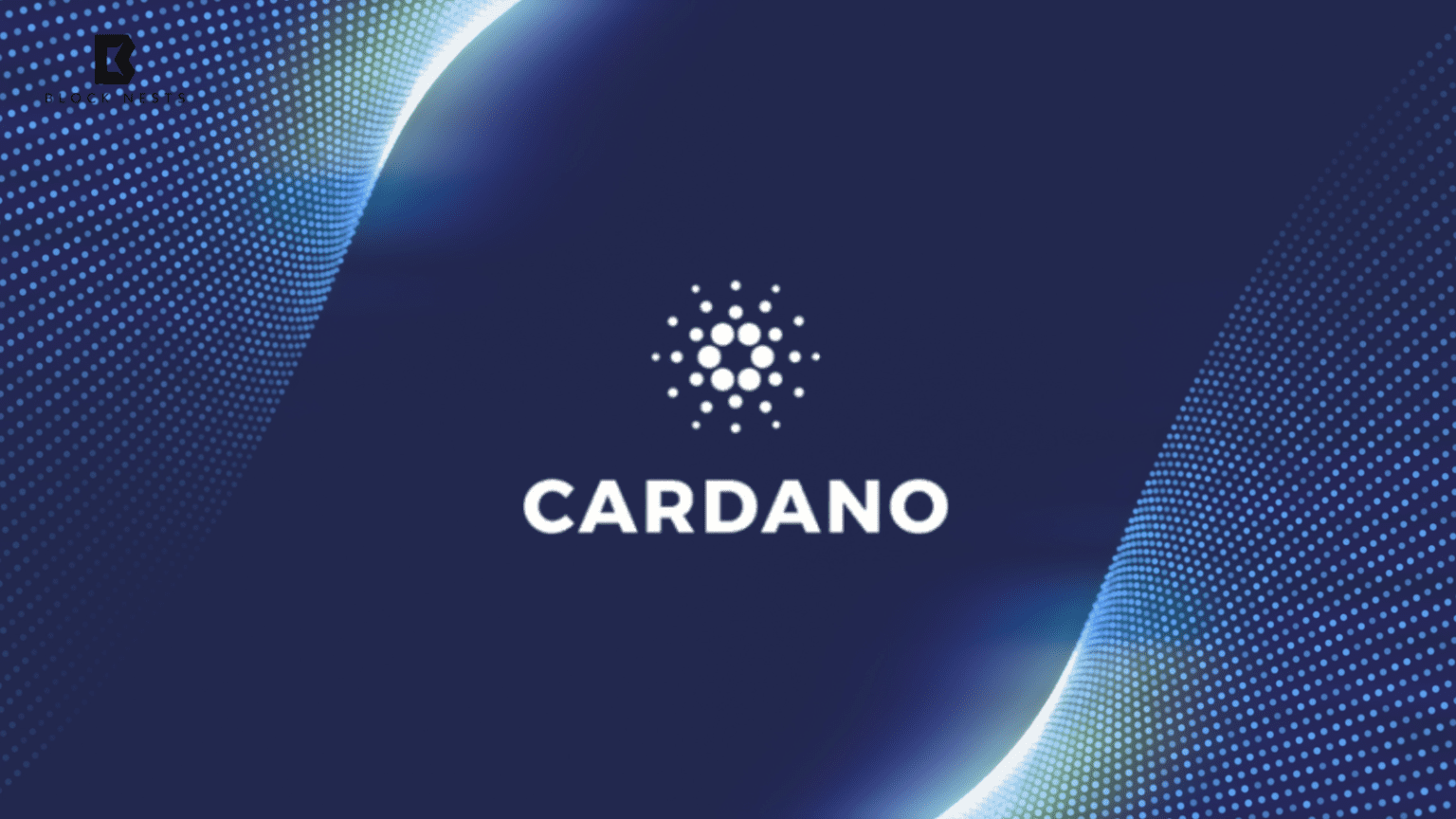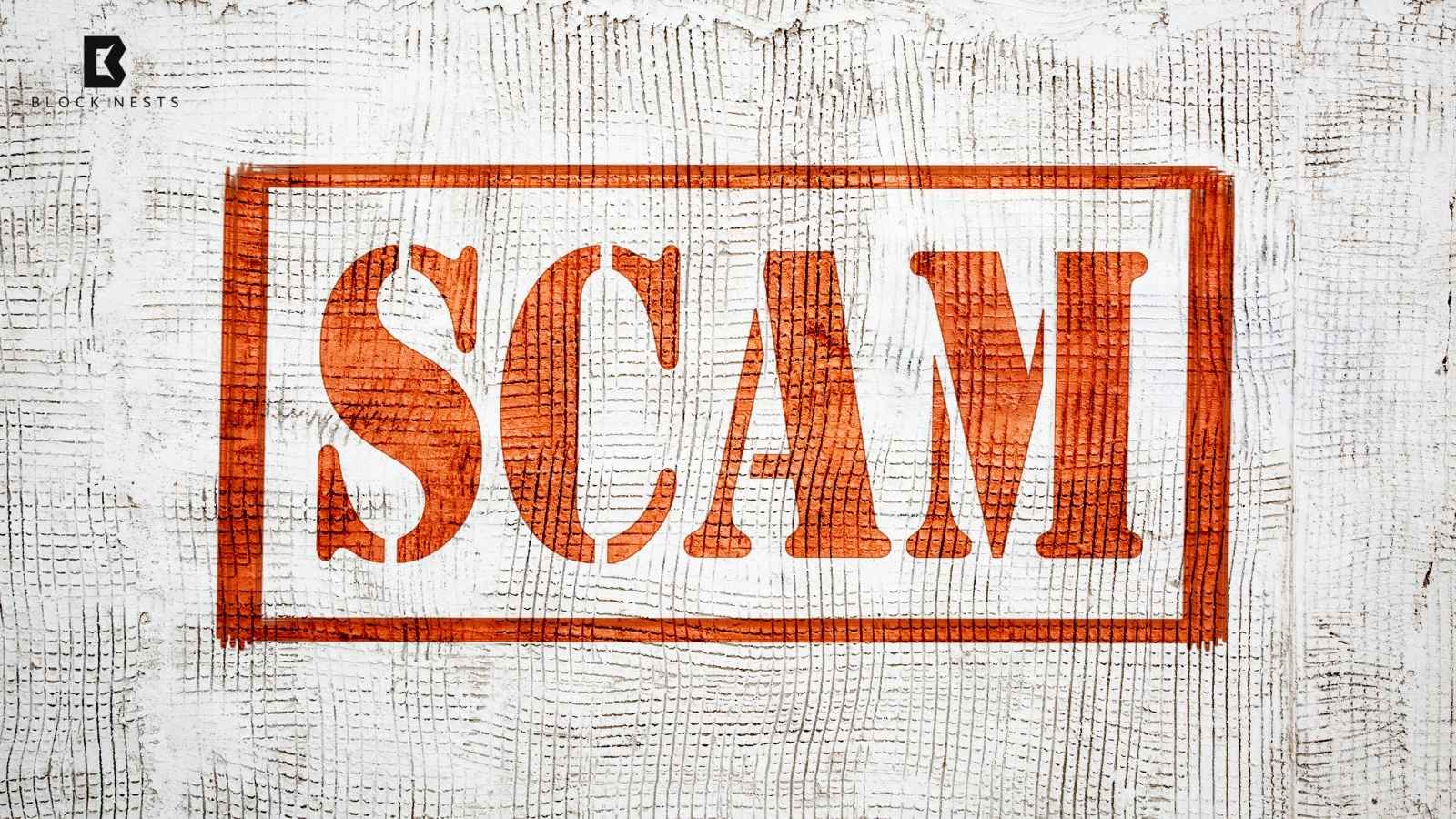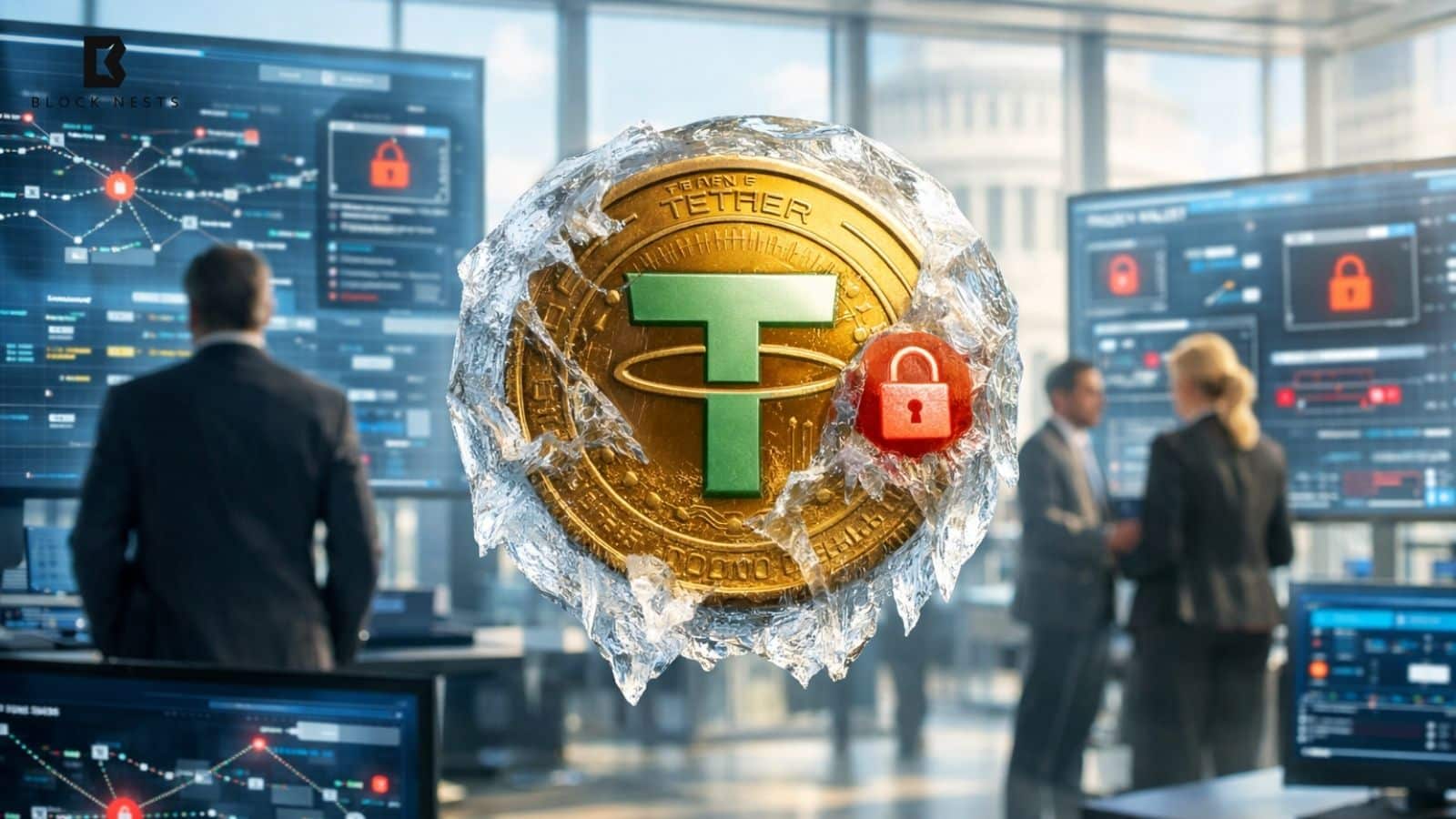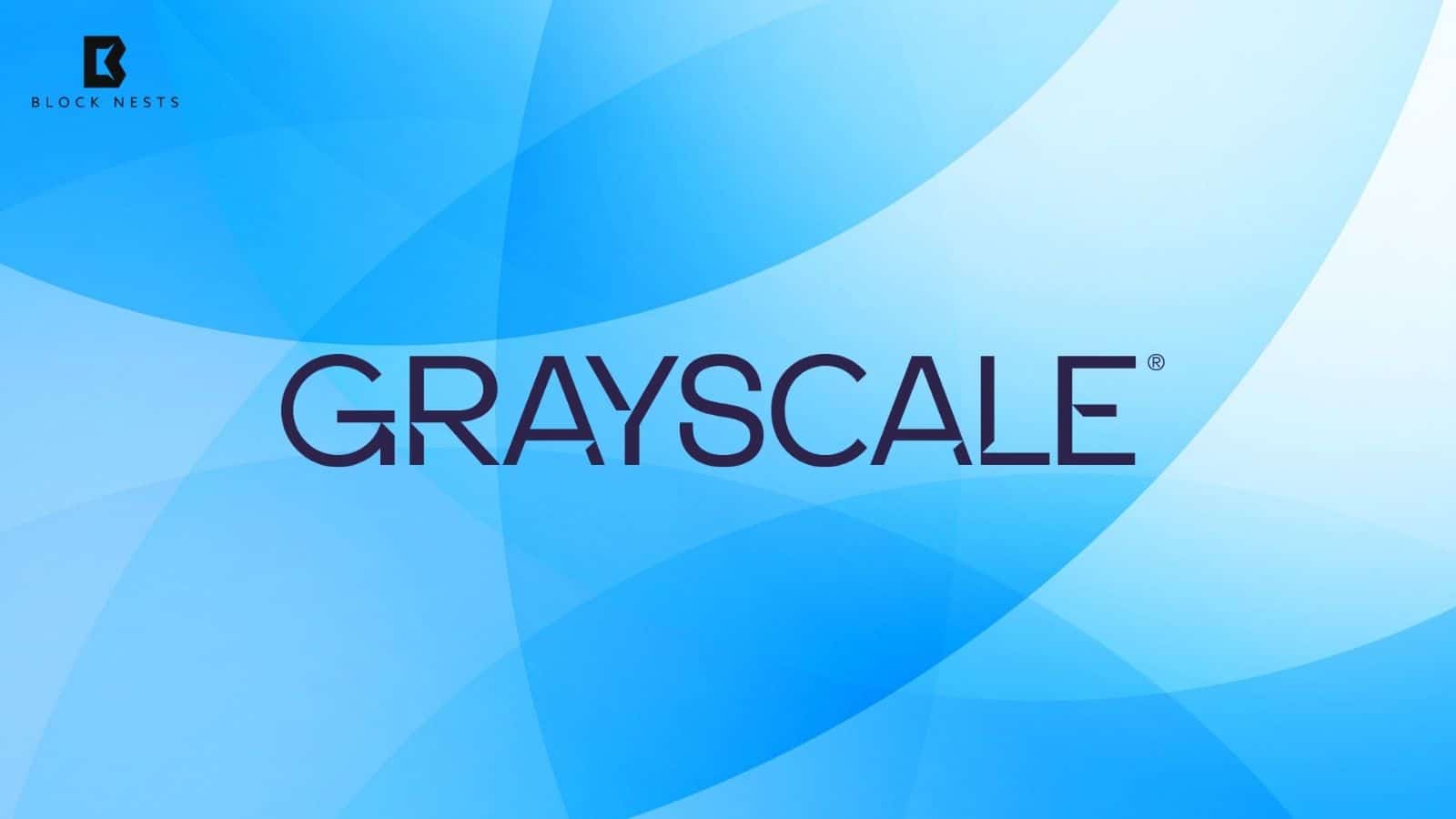- The OCC allows national banks to pay blockchain network fees for approved activities.
- Banks may hold crypto-assets needed for fees and platform testing.
- The decision gives banks clearer rules for operating in digital markets.
The Office of the Comptroller of the Currency (OCC) issued Interpretive Letter 1186. The letter confirms that national banks may pay blockchain network fees when they support activities already allowed under federal banking rules. The OCC says banks may use crypto-assets to settle these costs.
The OCC issued an important & groundbreaking interpretive letter yesterday (1186) spelling out how how national banks could interact with public blockchains.
— Omid Malekan 🧙🏽♂️ (@malekanoms) November 19, 2025
Most of the media coverage around it has focused on the part which says banks are allowed to hold crypto on their balance… pic.twitter.com/CAwzZOHkzP
It is also emphasized by the agency that banks are allowed to retain these assets on their balance sheet if they have a ‘direct and foreseeable need’. Banks now have an unmistakable way to use public blockchains.
Many banks are interested in these systems for payments, settlements, and other banking functions. Ambiguities have slowed their development. Now, the goal of the OCC is to eliminate such hurdles for banks to adjust to the fast pace of new markets.
New Guidance Supports Bank Crypto Pilot Programs
The OCC further reaffirms that national banks are permitted to invest in crypto-assets for testing purposes. Banks test new platforms before embarking on new products. Some tests rely on third-party providers for Blockchain tools. Other tests relate to in-house systems.
These systems consume small crypto-assets in carrying out transactions or in assessing their performance. According to the new regulations, banks may retain these assets as principals. The rules emphasize that banks may use these regulations only when they apply the assets to their approved transactions.
These costs include costs to enable the use of block chain technology. These costs include resources to enable blockchain pilots, reviews, and other projects. It is hoped that each bank would have proper controls over these projects. It is not difficult to understand what is needed. Banks must understand blockchain technology, manage risks, and enable secure use.
Banks Gain Confidence as OCC Supports Blockchain
The OCC points out one major consideration. These functions have to be operated in a safe and sound way by banks. They have to operate in all applicable laws, supervisory expectations, and rules for compliance. They require sound reviews, risk management, and operating plans.
These include cybersecurity, vendor management, and custody functions for digital assets. Industry analysts forecast an increase in banks pursuing blockchain projects in response to this move. Some companies had held back on their projects while there was lack of clarity on regulations.
It facilitates responsible innovation, eliminating any hesitations in adopting blockchain technology. It is also evidence of increasing adoption of digital assets in financial markets in the U.S.Banks now have the opportunity to engage with blockchains in a regulated environment.
The facilitates might result in improved payment systems, faster settlement systems, or more widespread use of infrastructures. According to the OCC, the policy will achieve growth with high standards.
Related Reading: BlackRock Faces Heavy Blow as IBIT Sees Record $523M Bitcoin Outflow
How would you rate your experience?






